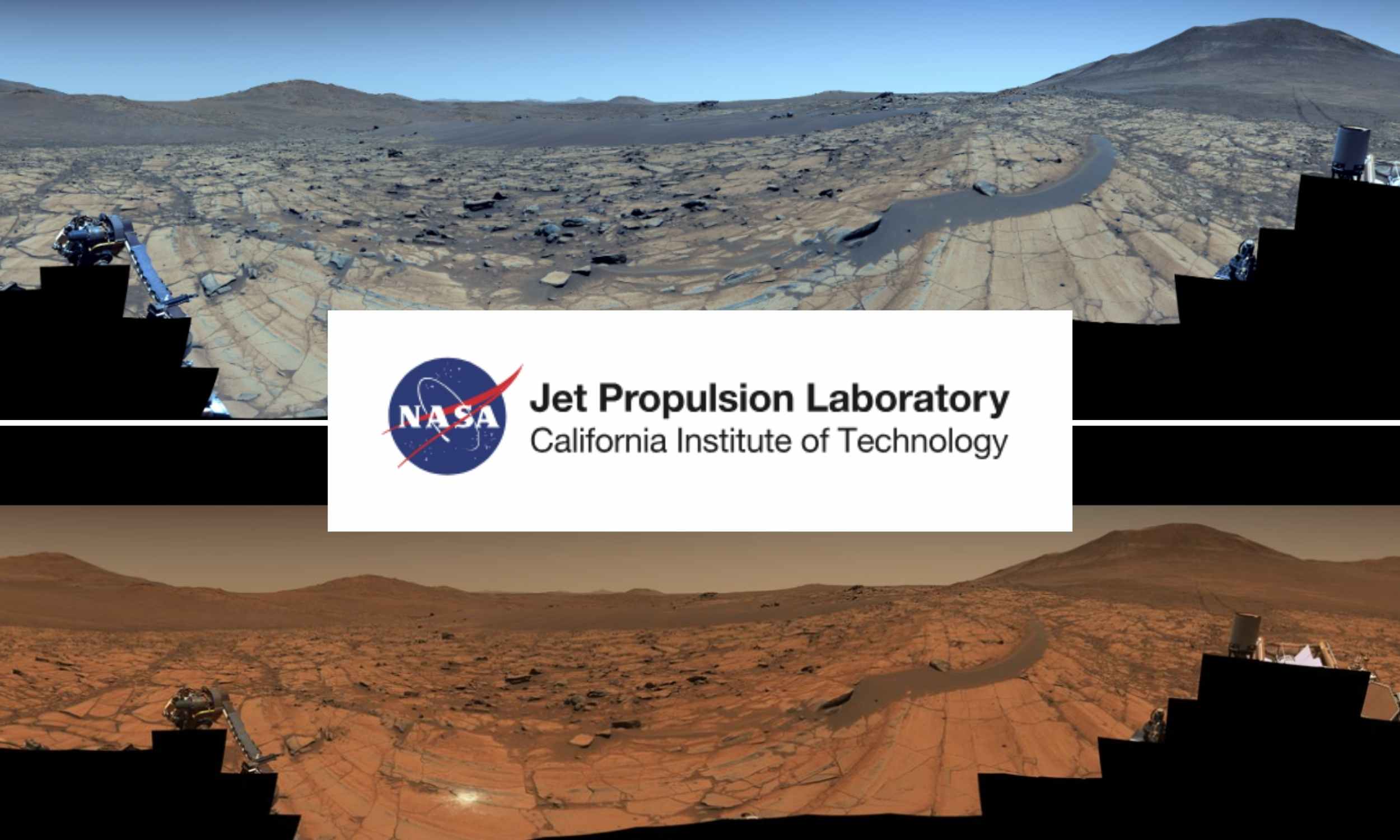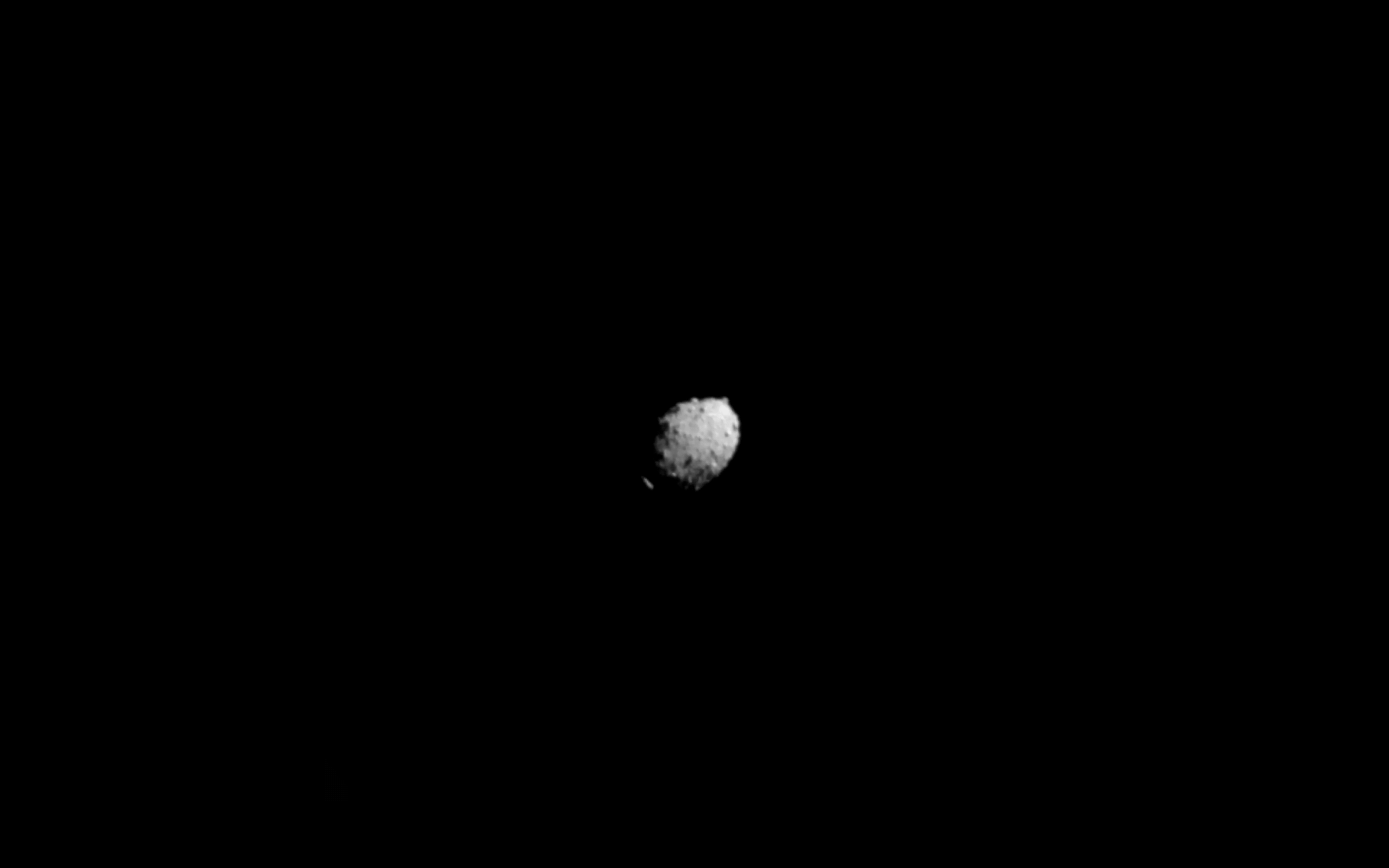| IN A NUTSHELL |
|
Artificial intelligence has made significant strides in recent years, with its applications extending beyond traditional computing tasks. In a recent competition, researchers pitted various AI models against each other to determine which could most effectively pilot a spacecraft. To the astonishment of many, ChatGPT, a language model originally designed for text-based tasks, secured the second place. This development has sparked discussions in both the AI and aerospace communities. This article delves into the details of the competition and explores the implications of using AI for autonomous space navigation.
The Emergence of AI in Space Exploration
In recent years, the integration of AI into space exploration has become increasingly prominent. The Kerbal Space Program Differential Game Challenge, inspired by the popular video game Kerbal Space Program, serves as a platform where researchers can design, experiment, and test autonomous systems in a highly realistic environment. This challenge includes complex scenarios such as satellite pursuit and interception missions, as well as evasive maneuvers. The primary objective is to evaluate how effectively AI can operate under conditions that closely mimic real-world space missions.
This competition has attracted significant attention due to its potential to revolutionize space navigation. Traditional autonomous system development requires extensive training cycles, feedback loops, and refinements. However, the Kerbal Challenge offers a unique opportunity to test AI models in a condensed timeframe. By simulating realistic missions, it provides valuable insights into the capabilities and limitations of different AI systems.
ChatGPT’s Unexpected Success
ChatGPT’s performance in the competition was particularly noteworthy. Unlike traditional AI systems specifically designed for space navigation, ChatGPT is a large language model trained on vast amounts of human-written text. This extensive training allows it to understand and generate human-like text, making it adaptable to various contexts. Researchers leveraged this adaptability to translate the spacecraft’s state and objectives into text, which ChatGPT could then interpret to provide navigation recommendations.
A translation layer was developed to convert ChatGPT’s textual outputs into functional code that could pilot the simulated vehicle. This approach, while unconventional, proved to be remarkably effective. Through a series of prompts and adjustments, ChatGPT demonstrated its ability to analyze the spacecraft’s state and propose appropriate maneuvers. Its performance not only secured the second place but also highlighted the potential of language models in non-traditional applications.
Implications for Future Space Missions
The success of ChatGPT in this competition raises intriguing possibilities for the future of space exploration. The ability of a language model to effectively pilot a spacecraft suggests that AI could play a more significant role in future missions. This could lead to increased automation in space navigation, reducing the reliance on human intervention and potentially increasing mission efficiency.
However, this development also poses important questions about the reliability and safety of AI-driven systems in space. While ChatGPT’s performance was impressive, it was ultimately outperformed by a model based on mathematical equations. This underscores the importance of continued research and development to ensure the robustness and accuracy of AI systems in critical applications.
The Future of AI and Human Collaboration
The integration of AI into space exploration is part of a broader trend of increasing collaboration between humans and machines. As AI technologies continue to advance, they offer the potential to enhance human capabilities and improve decision-making processes. In the context of space missions, AI could assist astronauts in navigating complex scenarios, optimizing resources, and responding to unforeseen challenges.
However, the rise of AI also necessitates a careful consideration of ethical and practical implications. The balance between human oversight and AI autonomy must be carefully managed to ensure the safety and success of space missions. As we continue to explore the possibilities of AI in space, the question remains: how will this technology reshape the future of human space exploration?
The success of ChatGPT in the Kerbal Space Program Differential Game Challenge highlights the potential of AI in autonomous space navigation. As AI technologies continue to evolve, they promise to play an increasingly significant role in future space missions. However, this development also raises important questions about the balance between AI and human oversight. How will we navigate the challenges and opportunities that arise from this new era of AI-driven space exploration?
This article is based on verified sources and supported by editorial technologies.
Did you like it? 4.5/5 (29)
Source link

